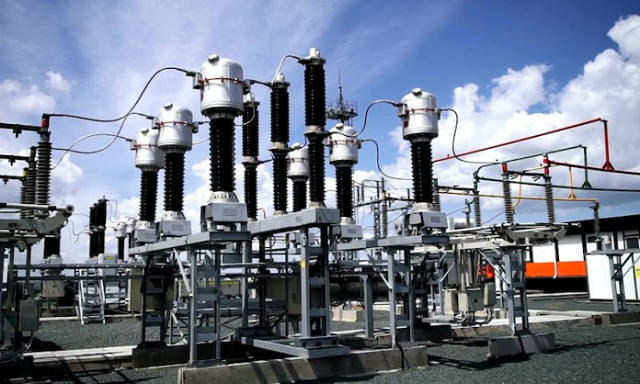Low power generation has been attributed as the cause of utility companies’ failure to settle their N2 trillion debt with power generation businesses, generally known as the DisCos.
At the Association of Energy Correspondents of Nigeria annual conference held in Lagos on Thursday, Dr. Joy Ogaji, the Executive Secretary of the Association of Power Generation Companies, disclosed this.
She contended that the GenCos were not owing N500bn as had been reported, but rather N2trn during her presentation on the “Power Sector Dilemma: Issues, Challenges, Opportunities And Strategic Key Solutions.”
“GenCos are not owed N500bn as accepted by NBET. We are owed N2 trillion, while we owe suppliers N1trn,” she said.
She further explained that the GenCos had not been able to make power available due to the huge debts being owed them by the Nigerian Bulk Electricity Trading Plc.
NBET is the manager and administrator of the electricity pool in the Nigerian electricity supply industry, NESI. It collects tariffs on behalf of the market – DisCos, DisCos and the TCN.
Ogaji further explained that although the GenCos currently had enough power generating capacity, the market was not available as the DisCos had not been able to take all power generated.
“Nigerians don’t want power because there is no demand for it. For instance, Egbin, which has over 1000 capacity, has not been able to generate 800MW because there’s no demand,” she said.
She added that power generation depended on market demand.
“Our generation is driven by demand, and the demand is not there. Nigerians are not demanding power and we are in huge debt.”
Ogaji also faulted the capacity of the national grid to take the whole of the power generated by the generating companies.
“We have the capacity to generate more for the country, but the national grid has not been able to take everything we produce. Then we get blamed for companies shutting down and leaving for other countries.
As we speak, there is yet proof that Nigeria needs power because if the country needs power, all hands will be on the ground to ask for more than what we currently generate, and be willing to pay for it. That is when we can be held responsible for not increasing generation,” she said.
The NAEC’s conference for this year was themed, “Energy Transition: Shaping The Future of Nigeria’s Energy Industry, An Appraisal of PIA, Evolving Benefits And Challenges.”













